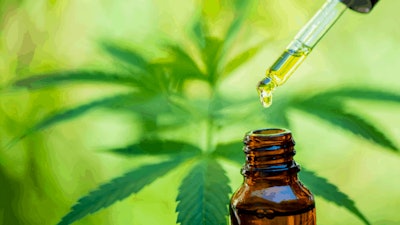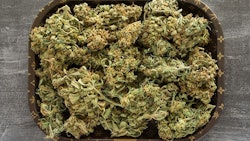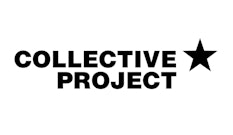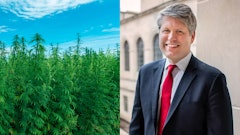
MIDWAY, Kentucky, Jan. 15, 2020 - PRESS RELEASE - Kentucky Cannabis Company, the parent company of Bluegrass Hemp Oil, has been working closely with Kentucky Senator Adrienne Southworth to propose a bill that will increase the amount of THC in hemp. Because of that, Senator Southworth filed Senate Bill 113 Jan. 14.
This bill proposes an increase in the allowable amount of THC in hemp from 0.3% to 1%. Kentucky Cannabis Company (KCC) has been fighting for this increase since its inception in 2014, and this move will go a long way in protecting Kentucky farmers from having their crops destroyed over trace amounts of THC that naturally occur in hemp varieties today.
The bill follows what Kentucky Senator Rand Paul proposed in December 2020 - the HEMP Act to relieve unnecessary constraints on the hemp industry and to provide transparency and certainty.
"This bill will give Kentucky hemp farmers the confidence and security they need to expand operations and make a big investment, and it’s just as much about economic development as it is agriculture. It’s an opportunity for Kentucky to lead, protect our farmers and invest in their future,” said Sam Cox, Government Affairs representative for KCC.
Adriane Polyniak, Executive Director and Owner of KCC, is hopeful for the future with the proposed bill. “Increasing the THC not only protects Kentucky farmers but also allows for the cultivation of better varieties; thus improving the research and science and allowing us to provide an even more therapeutic product than we already offer today.”
Kentucky Cannabis Company is a vertically integrated hemp company that creates full-spectrum hemp extracts and CBD infused products for consumers under the name of Bluegrass Hemp Oil. For more information, visit www.kycannabisco.com and www.bluegrasshempoil.com.
























